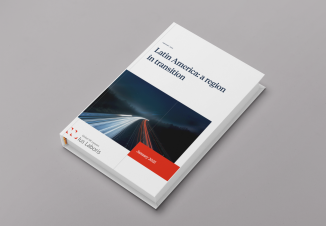
Decline in litigation
The main practical effect of the reform has been the immediate decrease of employment-related litigation (most of which was frivolous litigation). In 2018, the number of cases decreased by 40% as compared to 2017.
Impact on unions
The reform has affected Brazilian unions, which can no longer collect compulsory contributions from workers. Few workers have agreed to make voluntary payments. This loss of revenue has affected many unions and the less organised or representative ones have shut down. The strongest ones have looked for other sources of revenue, such as fees paid by companies for negotiating collective bargaining agreements. This may pose a compliance risk for companies. Firstly, because unions are not public agents but they are performing a public service. Secondly, because such payments may be seen as quid pro quo, thus in violation of business ethics and creating conflicts of interest.
Intermittent work
Intermittent work is a novelty introduced by the 2017 reform that few companies have chosen to embrace. Of course it will not fit many types of businesses that need a permanent workforce, but it may be a solution for IT, engineering and consultancy businesses needing varying levels of resources according to projects. Such companies frequently need some of their workers for a certain period of time will not need them before another project comes in. Paying for their availability between projects makes no sense, but engaging them as contractors runs the well-known risk of misclassification of employees.
What works best?
The most successful elements of the reform include:
Judicial review of the reforms
The Supreme Court will review whether some provisions of the reform are in line with the principles of the Federal Constitution. The most important provisions to be reviewed are some procedural laws that allocate the risk of court fees to the employee, the ending of compulsory union fees and the provisions relating to intermittent work. The timescale for the review is uncertain at this stage.


